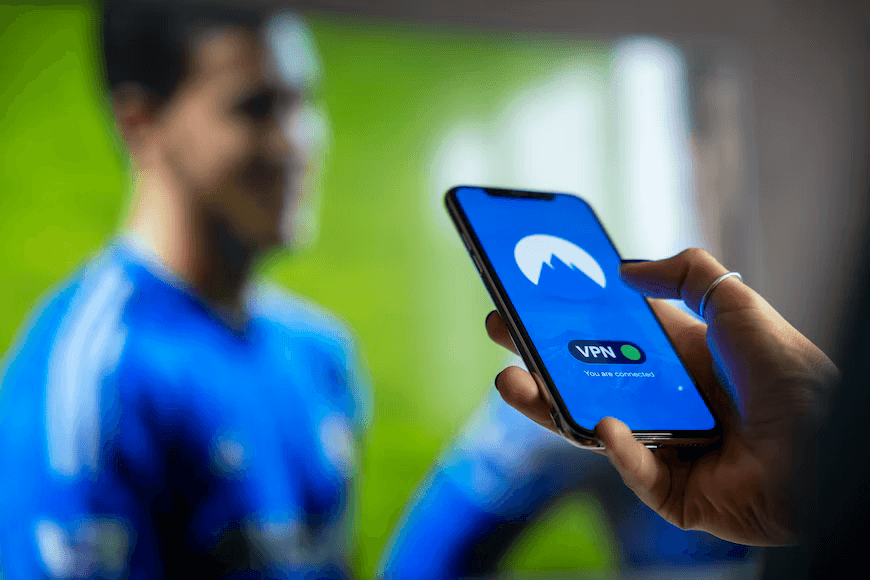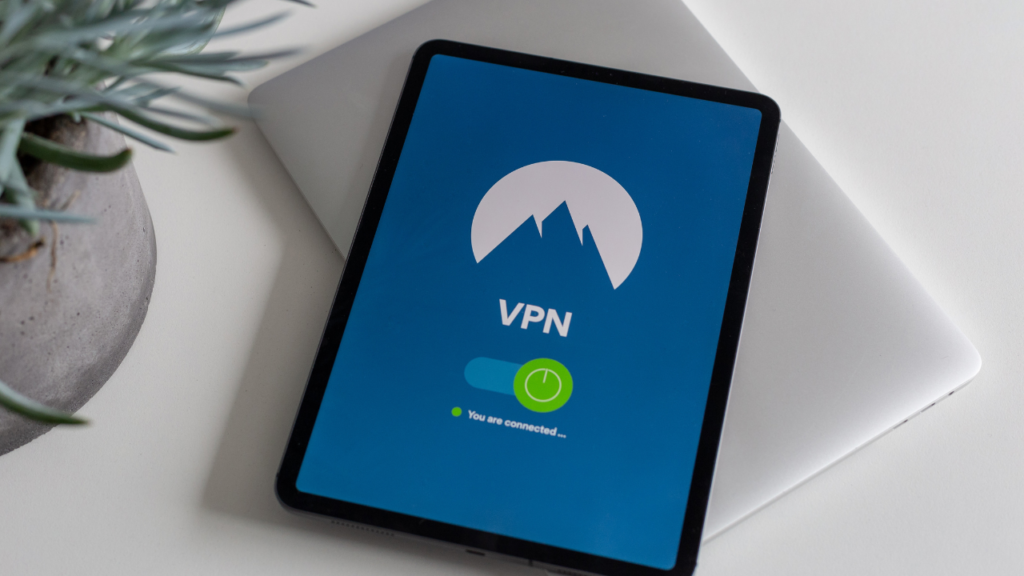Can I Use Two VPNs аt the Same Time? [2024 Guide]
DataProt is supported by its audience. When you buy through links on our site, we may earn a commission. This, however, does not influence the evaluations in our reviews. Learn More.
Using two VPNs simultaneously is indeed possible, albeit not recommended, since various compatibility issues typically result in poor internet performance.
That said, you could benefit from two virtual private networks, especially if you obtain compatible VPN connections that don’t slow each other down.
So, let’s take a closer look!
Why Use Two VPNs at the Same Time?
The main benefit of two VPNs is the increased security, but accessing geo-restricted content and connecting to two different networks are also genuine use cases. Below, we look at these and other advantages of using two VPN services at the same time!
1. Boost Your Privacy and Security
When it comes to privacy and security, two VPNs are better than one since you are basically adding extra encryption by hiding your location behind one more remote server, thus making it impossible for your traffic to be intercepted.
One such situation requiring an extra level of security is using public Wi-Fi networks, which are the favorite hunting grounds of cybercriminals. Therefore, if you reroute your IP address twice, you’ll make it that much harder to be identified and attacked online.
2. Access Geo-Restricted Content Easily
While a single VPN connection is often sufficient to bypass geo-restrictions, media providers have caught wind of this practice and have started implementing stronger measures to deter such activities. Therefore, spoofing your location twice increases the likelihood of appearing as a genuine user from the location you are connecting to.
3. Connect to Two Different Networks
Two VPN tunnels allow you to access two different networks. For instance, if you need a private tunnel to access your company’s resources, you can dedicate one VPN connection for that purpose but use the other one for your regular daily activities, such as browsing the web, downloading files, watching videos, etc.
4. Conduct Safe Activism and Reporting
Activists and reporters working in countries with strong media censorship often have to hide their activities from government agencies in pursuit of justice and the truth. After all, there’s much more at stake in such cases, including the lives of ordinary people. With a double VPN connection, even VPN providers are unable to track your activities.
5. Protect Yourself From Government Oversight
Adding onto the previous point, the only way to completely escape government oversight is by using a strong VPN connection and one that connects to two different servers. In some totalitarian regions, consumers are prohibited from accessing even innocuous services and websites such as Netflix, Spotify, or torrent clients. To avoid persecution from the law in such places, users need a robust double VPN connection.
Steps to Set Up Two VPN Connections
Before attempting to set up a double VPN connection, take note of the following pitfalls:
- This setup significantly slows down your data transmission speed;
- Concurrent VPNs produce routing errors as one service takes over;
- Technical proficiency is necessary to set up and troubleshoot this setup.
That said, one straightforward method helps you overcome some of these downsides: using a virtual machine to separate both VPNs, and it works across operating systems. The typical steps you need to take for such a setup include the following:
- Set up your virtual machine—the process to set up a virtual environment varies slightly between operating systems but is not that complicated as there’s simple-to-use software for that purpose: Hyper-V for Windows and Parallels Desktop for macOS;
- Install the VPN clients on both machines—after subscribing to your chosen VPN service(s), install the apps on both the real and virtual machine;
- Connect to the VPN servers—you should first ensure the VPN connection on your main (real) machine works as intended before running the virtual OS and setting up the second VPN connection;
- Configure your network settings— you may need to adjust your network settings to accommodate multiple VPN connections, such as configuring the routing tables and setting up the network adapters for each VPN connection;
- Test and Troubleshoot your connection—after completing all these steps, you must ensure that you have a stable connection routed via two separate servers; you can do that by browsing websites or doing anything other online.
Using two VPNs via this method helps you avoid the issues of conflicting TAP adapters since you are using two separate machines, each with its own adapter. The downside is greatly reduced speeds due to the VM environment and the remote connections.
| Premium providers like Surfshark and NordVPN offer a ‘double connection’ feature under the name of multi-hope or VPN server chaining, which has the same effect. |

Downsides of Connecting via Two VPNs
While using two VPNs simultaneously may have advantages, you should also consider the potential downsides and limitations of this approach, as listed below:
- Your internet speed will tank—each encryption layer decreases your internet bandwidth due to the data overhead, and your data has to reach a remote server before being rerouted to its final destination, so using two VPNs compounds this issue, leading to slower browsing, streaming, or downloading speeds;
- Your VPN clients may be incompatible—VPN clients do not work well together, and combining them results in problems like frequent disconnections and system instability; fixing these issues is time-consuming and challenging;
- You may be unable to set them up properly—managing and configuring two VPN connections can be tricky as it requires a good understanding of VPN configurations, protocols, and potential conflicts;
- You may not get any special benefits—average users do not typically see any advantages in using two VPNs since the security offered by a single reputable service is often more than enough for regular online activities;
- You’ll have to pay more—premium VPN services come at a cost, and paying for more than one means incurring double the price.
Consider your exact needs before deciding whether or not to use two VPNs at the same time since the drawbacks outweigh the advantages in most cases. If yours proves one of those, you can always choose one cost-effective and reputable VPN service.
Bottom Line
Using two VPNs simultaneously is technically possible but may not be the most practical solution. While it can offer enhanced security and anonymity, it may also lead to decreased speed, compatibility issues, and added complexity. So, unless you need the added benefit of a double VPN connection, go for one premium VPN provider with plenty of safety benefits, such as a multi-hop feature that routes your traffic via two VPN servers.


